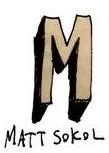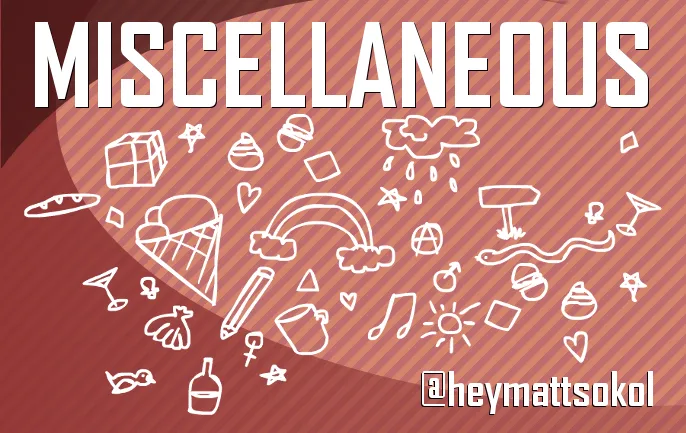
The President’s Job, The Average Joe
Can anybody know anything? I wonder if there's a single person who truly has the expertise to be the "CEO" of the world.
I got this idea from Joe Rogan -- who often says that the Preisdency is too big of a job. He asks how anybody could be expected to successfully lead the entire country on economics, environment, military, civil rights, education, etc etc etc… and, even though Joe is not a serious political commentator, he has a point. We can’t expect the president to get everything right.
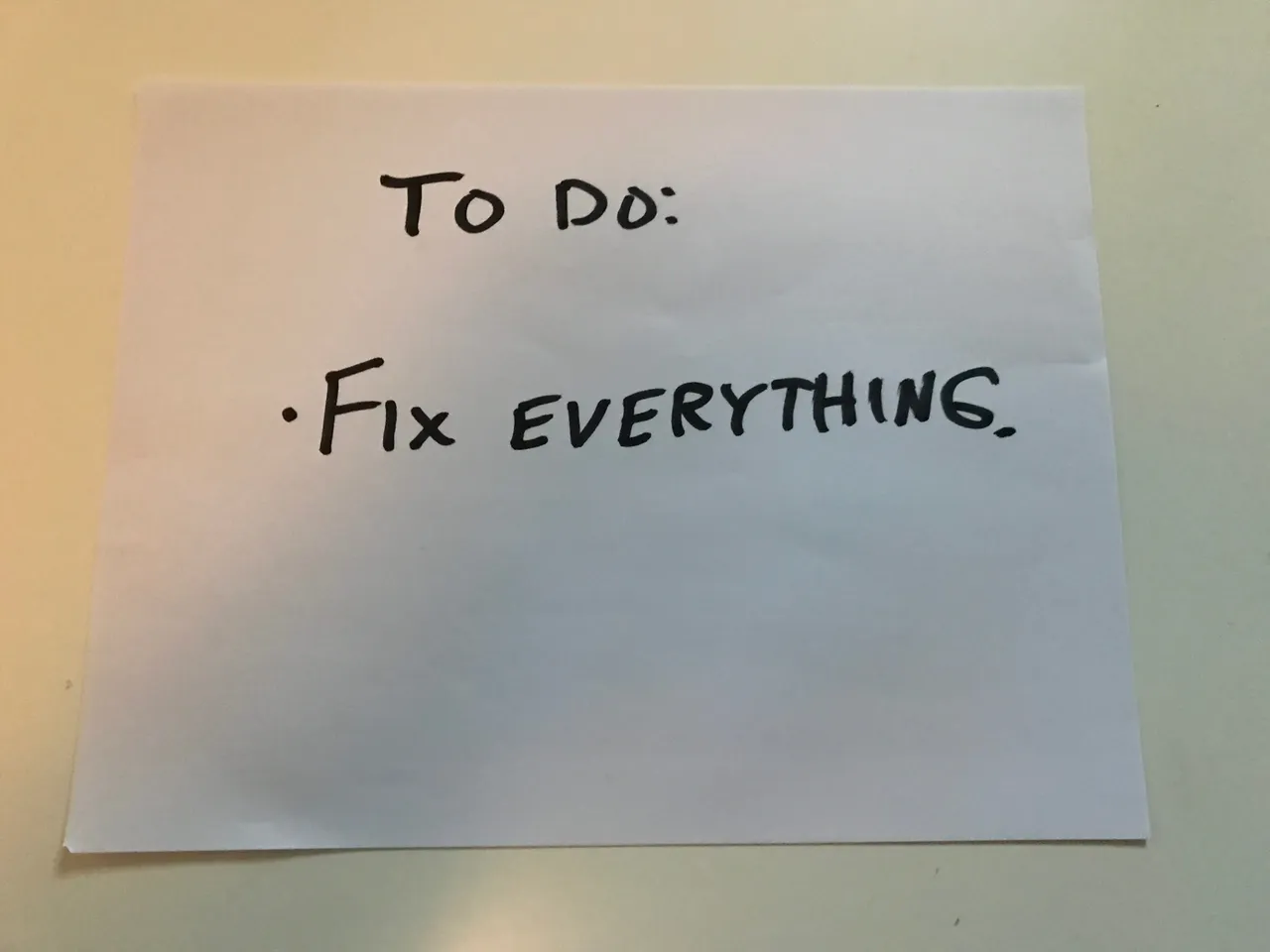
More to the point though - we can’t expect citizens of America (or any country) to get everything right. If even our top elected officials probably don’t have that kind of expertise, how can the citizens have it?
Look at me. I’m a musician and a technology blogger. I’m 26 years old. I made weird sounds and write speculative articles about technology from a distance.
Why am I expected to have a strong opinion on every political issue? I barely deserve consideration on my opinion about breakfast, on a global politics scale.
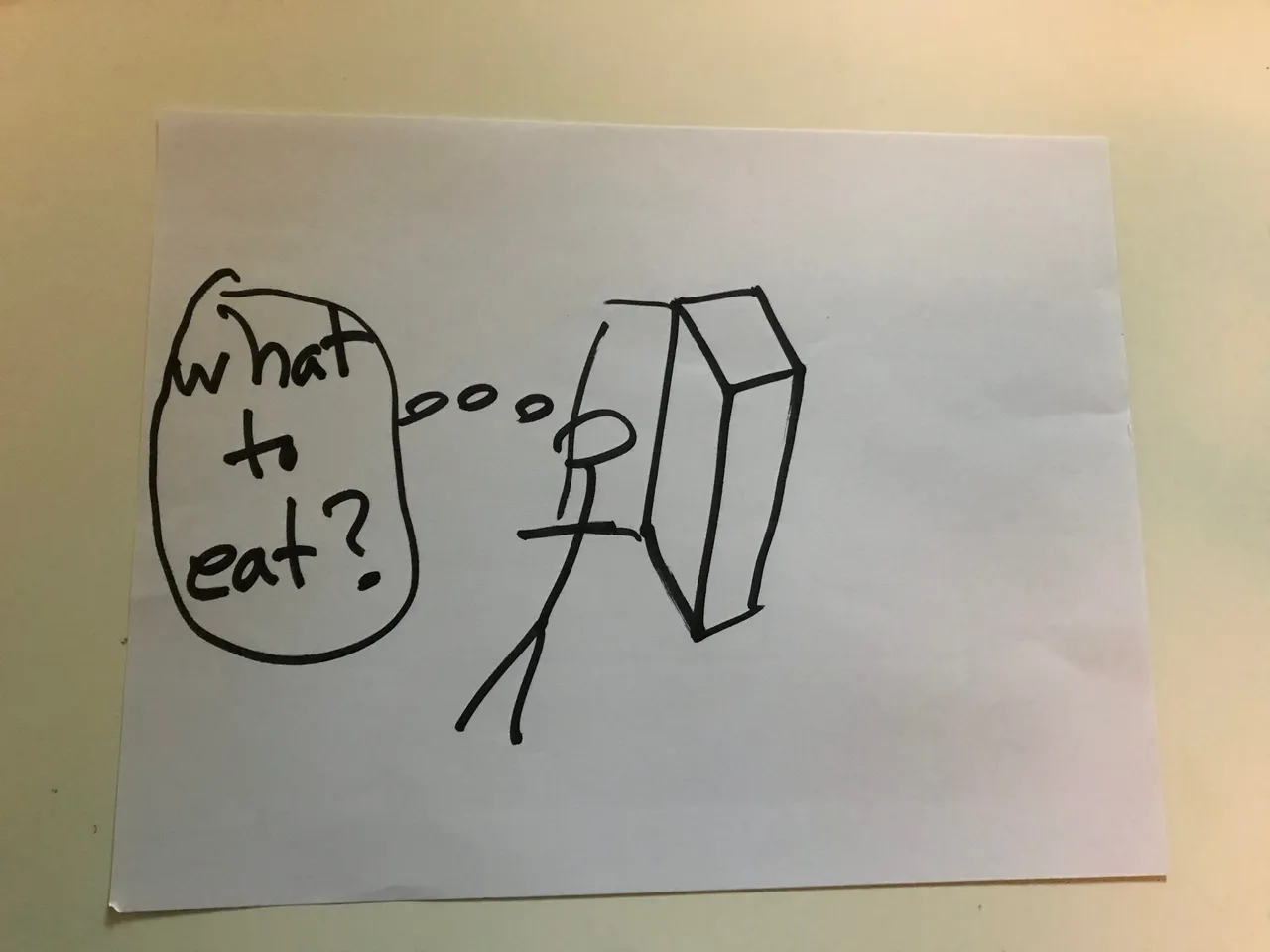
And why, as a society, are we so into this idea of openly discussing all ideas regardless of if we know anything about it? Why debate war if your only knowledge is what your parents told you? Why debate climate change, education, or economy if you haven’t done any real research on those fields?
The knowledge and training should be as openly available as possible, and we improve society so truly ALL people can access it. That part needs a lot of work and is a whole other conversation.
NOTE: This is more about personal accountability btw, not about shutting others down. It’s about “I should stop talking and start listening,” not “other people should shut up!” I feel like that is an important distinction.
Personal Empowerment Through Acknowledgement of Not Knowing
What’s the point, on any issue, of having a supposedly intellectual conversation when you or the other person are not making a serious effort to understand the topic? There is no point, in my opinion.
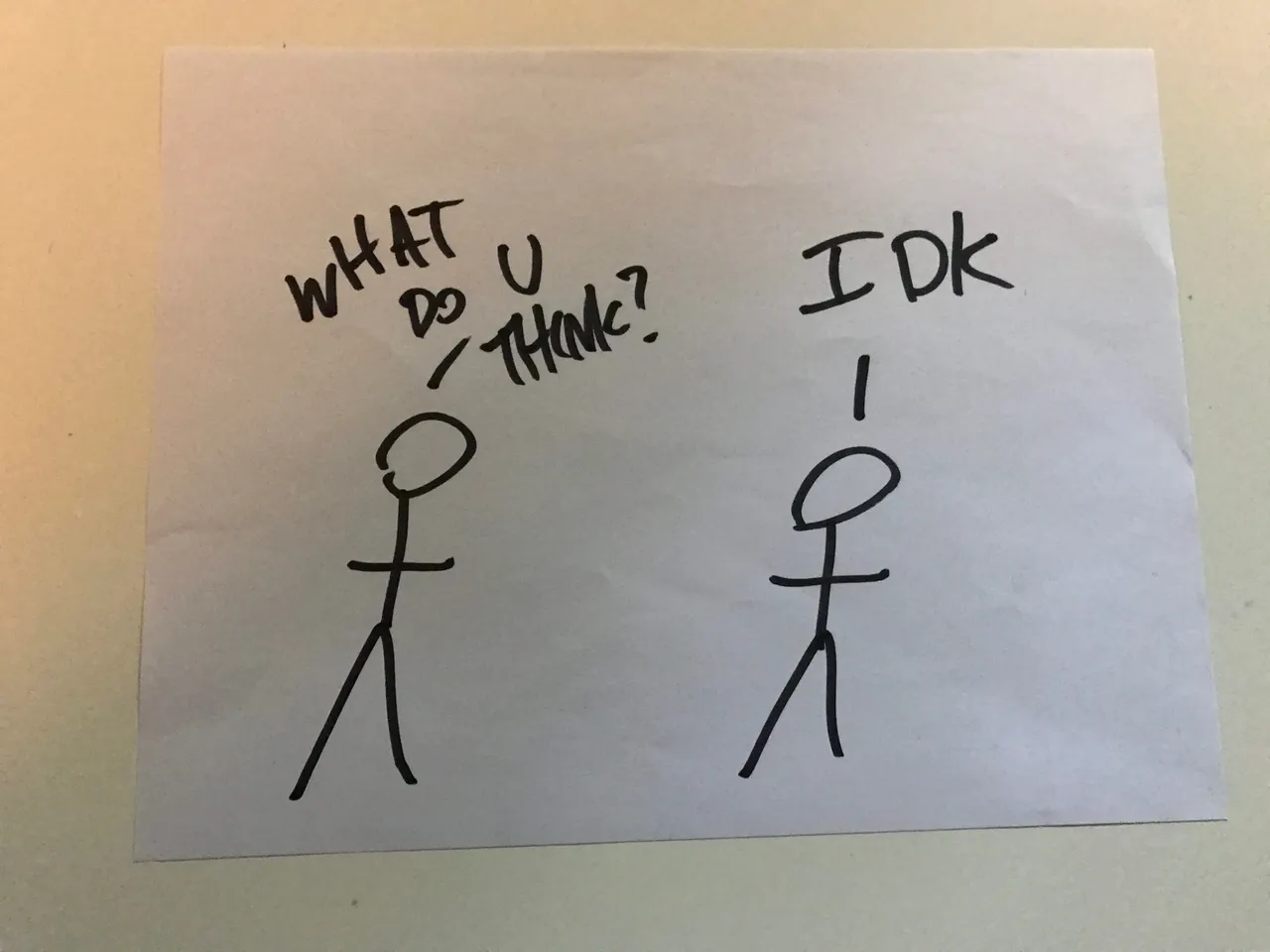
You do negative progress when you attempt to converse as if you knew about a thing, without actually knowing it. Pretending that you know “most scientists agree X” on a thing, without verifying, is dangerous.
——
EXAMPLE CONVERSATION:
You, debating a point: “I believe [idea] because of this true [fact]."
Them, also debating: “That fact might not be true. Are you sure thats right?"
You: “Uhhh idk lets look on wikipedia”
Them: -_-
—-
I know I’ve had this experience - of debating, and then realizing mid-debate that I do not actually know for sure where I got my information from. It sometimes turns out that the information is garbage, learned from some 3am YouTube binge.
It happens when my desire to be correct outweighs my desire to learn and explore. Unfortunately it’s hard to prioritize learning because learning means not avoiding being wrong, and we almost all want to avoid being wrong.
For now, I am making a newfound and intense effort to simply not have an opinion. I don’t know much about anything right now. I’m young and fresh to this adult life, and I’m exploring. I’m tasting.
Maybe this will help me to make bigger & better contributions to the world in the future.

What about you? Do you find yourself with passionate opinions that don’t necessarily have a strong foundation? How do you avoid this?
